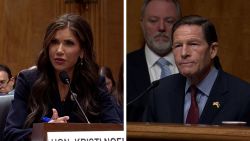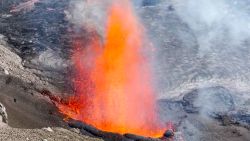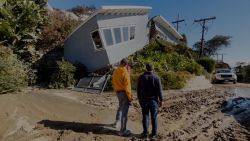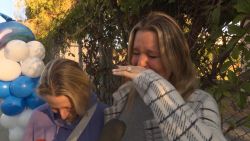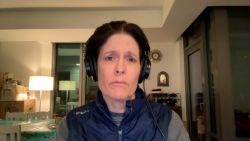When Chad Comey heard sirens outside the Palisades condo he lived in with his parents last Tuesday, he didn’t think much of it. Then the fire alerts started.
“I’m holding out hope, I’m rationalizing things, like, we’re right in the heart of the village, this is the last place to make a stand, because if this burns, the whole village is going to burn,” he remembers thinking as he watched the fire approach. “You never would expect that everything you’ve come to know can be gone.”
Comey, a caretaker for his disabled parents, delayed evacuating as long as he could, ultimately enlisting a neighbor to help him carry his mother in her wheelchair down five flights of stairs. When he was able to return to the wreckage of his neighborhood days later, he found his home destroyed, one of the more than 12,000 structures lost in the Los Angeles wildfires.
“We all cried,” he said. “We were distraught.”
Now he and his family face the daunting task of figuring out what lies ahead – made even more difficult by the fact that they don’t have a safety net.
“My family and I have no insurance,” he said. His parents had lived there long enough to pay off their mortgage and were no longer obligated to carry a policy, so they opted out because it was too expensive. “They’re both disabled. They can’t afford it. What they have goes toward medical equipment, food and paying the HOA fees, which are pushing one thousand bucks a month.”
The building where they lived had also just been dropped by its insurance in the last year – deemed too great a fire risk.
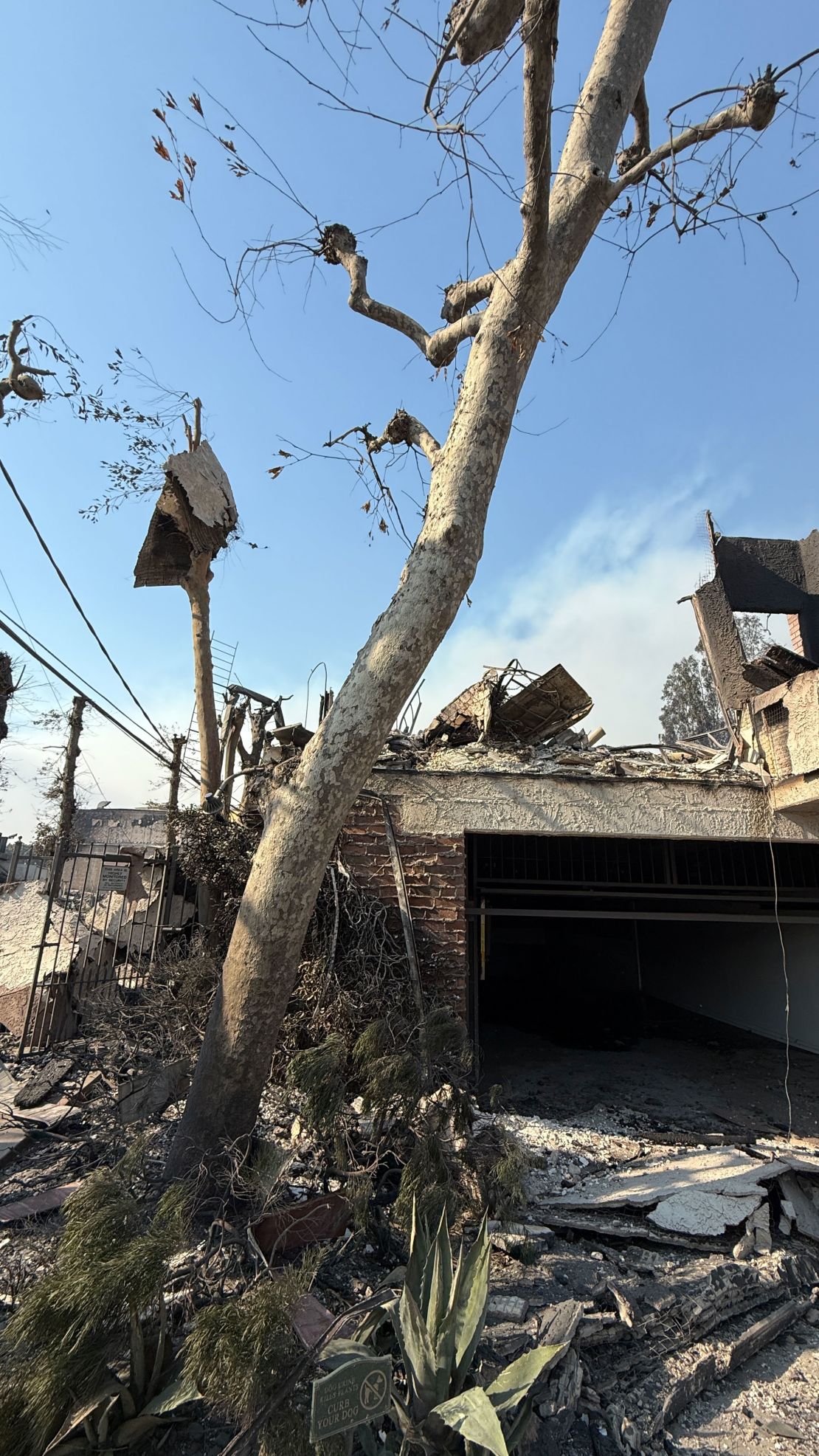
It’s a situation many California homeowners are finding themselves in as insurers have dumped millions of policies in the state since 2020.
“They stopped renewing what they thought was sh*tty risk,” Los Angeles insurance agent Carla Ramirez said of the big carriers, which have declined to renew homeowner policies or stopped writing new policies in the state. “In the last year they reassessed their entire fire risk. Palisades and Malibu before weren’t a fire risk, and they reassessed; they said, we think it’s a threatening, big risk and it’s going to bankrupt us.”
Shya Mousavipour’s parents were dropped by their insurance less than a year before their Malibu home burned to the ground in the fires.
“They got this notice that even though you paid this policy down for 18 years, we’re no longer insuring people in that area, so good luck,” he said. “They were forced to switch to the California FAIR plan. Even though they’re insured, like many victims of this tragedy, they’re underinsured.”
The FAIR plan is supposed to function as an insurer of last resort. Set up by the state, the policies typically have higher premiums and more bare bones coverage than private carriers. Residents often have to patch together the FAIR plan’s fire coverage with policies from other carriers to approximate their prior benefits, which can end up being a much costlier package.
“It doesn’t cover the cost of what it’s going to take to rebuild, what they lost, housing – they need to live somewhere for the next two years, maybe more,” Mousavipour said, anticipating his parents, who are in their late 60s, will get a “fraction” of the cost of rebuilding their house.
“They’ve been paying this off their whole lives. Their net worth is pretty much tied to that home,” he said. “Our life was in that house. It was my mom’s dream house. They worked their whole life for that house.”
Jamie Lite, who lives about an hour outside LA in Acton, got word she would be dropped by her home insurance on the same day her husband and son, both firefighters, were battling the blazes on the frontlines.
“It was like insult to injury,” she said. “Things are burning down and knowing that my insurance is going to be gone as of April 15, it just makes me feel like, what am I supposed to do? These are our homes, these are our lives. Here my family is out there helping the situation, and these companies are preying on everybody.”
In the last three years before she was dropped, Lite says her premiums went from $1,750 to $7,000 a year, costs she expects to rise even further with a new carrier. She feels trapped. “I couldn’t sell my house anyway; someone coming in to buy probably can’t get insurance,” she said. “Who’s going to buy it? It’s a catch-22. You’re stuck.”
The insurance crisis is squeezing homeowners across the state.
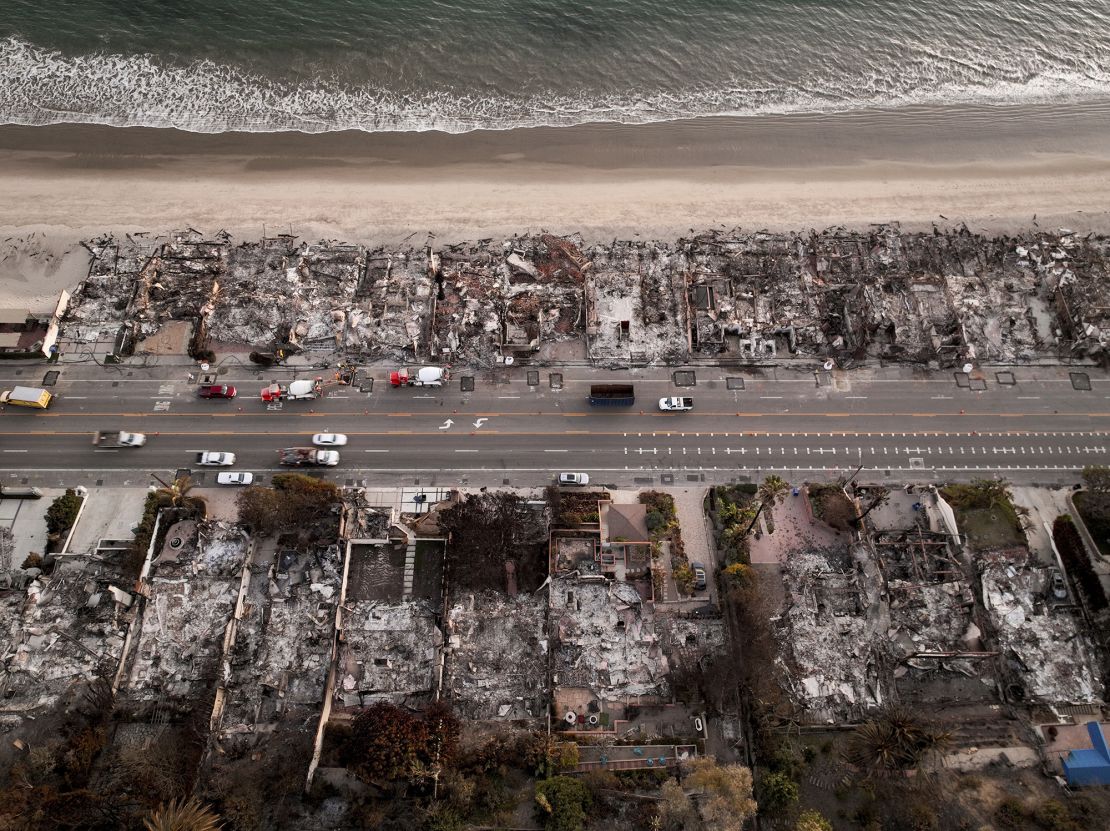
Celeste Vander Ham, who lives further south in Rancho Capistrano, paid $1,000 a year for insurance for the first 15 years in her home, but, after the 2018 Holy Fire, she says she was told by her insurance broker that her area had become a “10” for fire risk and that “nobody’s going to insure you.” She and her husband were dropped from their wildfire insurance and had to go to the FAIR plan for coverage. They now pay a total of $10,000 a year for the policies needed to insure their home.
The costs are crippling on their limited income – he lives on Social Security benefits, and she is his caretaker. With just eight years left on their mortgage, they had to refinance their home, taking on another 30-year loan to be able to afford insurance. She now expects they’ll need to sell their house and leave the state.
“It’s really heartbreaking,” she said. “We’re going to be forced out because of homeowner’s insurance.”
Ramirez, the insurance agent, said the state’s fire dangers justify the higher premiums and suggested homeowners are not acknowledging “the true costs” of living in these areas. “If your zone was historically not a high fire risk but it’s becoming one, that is the cost of living there,” she said. “If the cost of living there is above your means, then I believe you should move.”
Homeowners in California traditionally had the option of either admitted or non-admitted carriers. Admitted carriers, like State Farm, Allstate and Farmers, are licensed by the state and have to follow regulations around pricing, which they argued made it impossible for them to insure high-risk areas. Non-admitted carriers are typically smaller insurers that operate without the same regulations, so the state does not have to approve their rates or policies. As a result, they often charge higher premiums but can offer coverage in riskier areas.
Admitted carriers have been backing away from California for two years. Allstate stopped accepting new policies in the state in 2022, Farmers put a cap on the California policies it would write in July 2023, and State Farm stopped writing new policies in the state in May 2023, followed by a 2024 announcement that it would not renew around 72,000 policies.
Farmers and State Farm did not immediately respond to a request for comment.
In a statement, Allstate said the company “paused the sale of homeowners insurance policies for new customers in 2022. We continue to offer coverage to most existing homeowners insurance customers… As it relates to the wildfires, we’ve moved into California with claim personnel and multiple mobile claim centers to give our customers one-on-one support and help them file a claim,” in addition to donations to disaster relief.
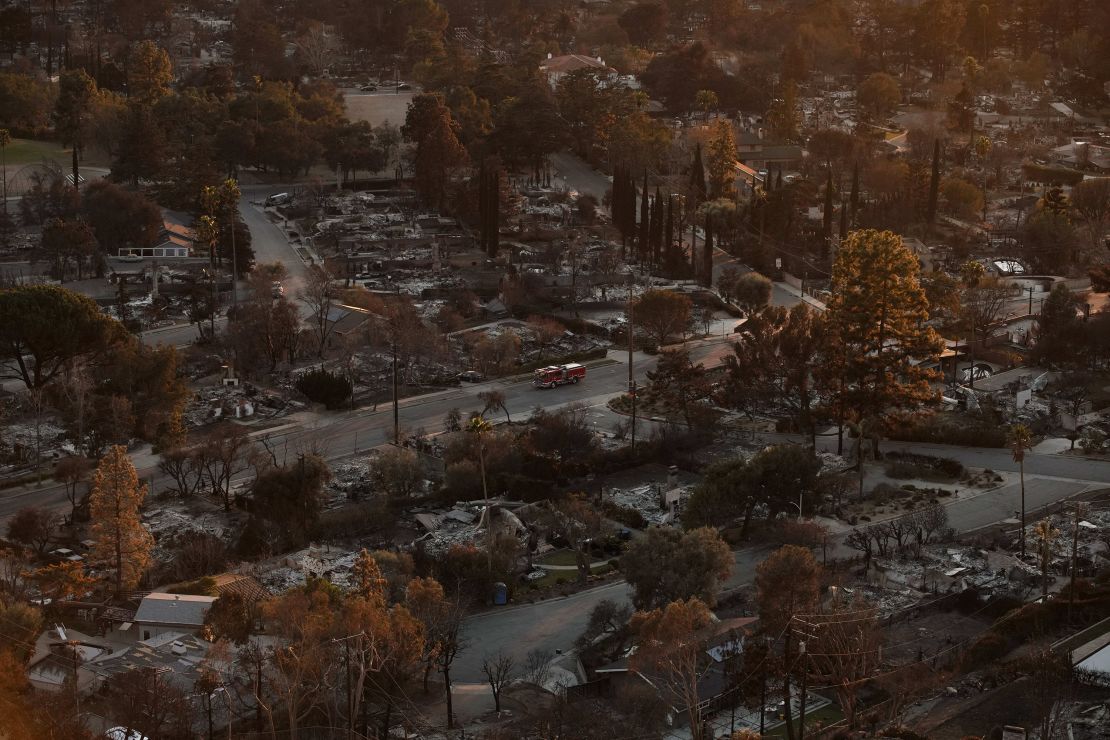
Ramirez said homeowners dropped by these and other carriers were shocked by the prices of the FAIR plan or non-admitted carriers, which can cost between $20,000 and $30,000 a year in fire zones.
“Most people elected to keep their coverage low because of sticker shock,” she said. “Your price just tripled, and we’re telling you to increase it two times more, and people were like, ‘Ehhh not so much, I’m ok here.’” That approach, she said, has left many Californians uninsured or underinsured as they deal with the aftermath of the devastation.
“This is how we have to price now,” she said. “And look, they all just burned, right? The insurance company lost, big time. It was priced accordingly.”
Residents like Comey and Mousavipour say they understand that insurance companies are businesses operating with profits in mind, but that the current model is unsustainable.
“We need a solution where people are fully insured in these areas, and since they are private companies, they need to be incentivized to want to work here,” Mousavipour said. “I don’t think the answer is people shouldn’t live there, but it needs to be addressed and it needs to be a genuine investment into fire preventative measures, so when this happens, we’re prepared.”
Comey pointed the finger squarely at the insurance companies.
“We’re emphasizing the wrong things here where we put corporate profits over people, and these are people’s lives that have been lost and everything they’ve come to know,” he said.
GoFundMe is filled with fundraisers for homeowners in the area who said they either did not have insurance or recently were non-renewed by their plans. A fundraiser for Comey’s family has already raised over $130,000.
“I feel blessed by the generosity that people have expressed,” he said. “I also think it’s a sad state of capitalism and the free market that everyone must rely on GoFundMes to even stay afloat or get back on their feet.”








